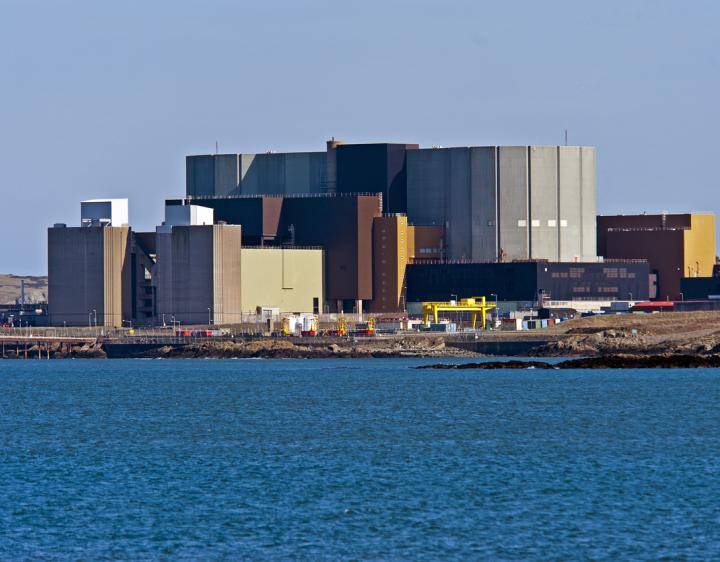
January brought some important news in the transition to low carbon energy. Japanese industrial conglomerate Hitachi is to stop developing a nuclear reactor at Wylfa in Wales.
This didn’t make many headlines. It had been expected for a while, and it happened in the UK where Brexit is a national pre-occupation. But it is worth reflecting on. It has broad international ramifications.
UK energy policy-making has some flaws. But in a global context, the UK is a free market for energy. It’s a privatised industry with no national champion. There are no particular advantages for one technology or another. The UK Government is still involved in trying to manage security of supply and the transition to lower emissions. Wherever possible though it prefers that market forces decide. A true level playing field for energy may not even be possible. But the UK is pretty close.
Hitachi, for its part, is also a broadly rational market participant. Like so many Japanese firms it is part of a larger keiretsu: a group with formal and informal ties. And Japan’s powerful Ministry of Trade and Industry (METI) has a hand in guiding strategic decisions. But again, to the extent that such strategic large companies can be independent, Hitachi is not a bad example.
So Hitachi’s UK ambition was a good test of the real viability of nuclear power. It was a test case for the broader global roll out of the technology. And it is a test that has failed. Taking everything into account, the UK couldn’t guarantee Hitachi a price for its nuclear energy that made the project worthwhile.
This is the beginning of the end of a saga that has been running for over a decade. Nearly seven years ago, we wrote about the last time someone abandoned their plans in UK nuclear. RWE and E.On, two German utilities giants, ended their interest then. The Horizon Project they founded was eventually passed on to Hitachi. It has now run into the sand.
The reason why is simple. There are much cheaper energy sources now available. These are genuinely renewable: solar and wind. In the seven years since the German utilities’ decision, the price of solar power has fallen around 70%. The price of a wind turbine has fallen around 20%.
Comparing the prices of different energy sources is complicated. It requires an analysis to “levelise” the different cost components and timescales. But on most sensible analyses, onshore wind is somewhere between a half and a third of the cost of nuclear power. It is still getting cheaper.
A challenge of renewable energy is that it is intermittent. But nuclear plants take decades to build. Well before then, energy storage and distribution management will make intermittency manageable. There has already been rapid progress in what the grid can handle. The proportion of UK electricity generated by wind and solar was 2.7% in 2010. In 2017 it had risen to 18.2% and it looks to be nearing 30% at the end of 2018.1
In the UK, this just leaves two obstacles to a logical energy policy.
The first is the effective ban on new onshore windfarm development after the 2015 election. The cost advantages of that technology are now hard to ignore. Public opinion grows more supportive every year.
The second is our awkward relationship with Electricite de France (EdF). EdF is the French state-owned energy operator. It is still pressing on with its plans for enormous, ambitious and unproven nuclear generators in the UK.
EdF is far from a rational market participant. It is an instrument of industrial policy. Concerns such as French employment and technological leadership are weighed against business logic. It secured very generous terms for its new plants from the UK Government, before the extent of alternatives was clear. But even those terms now look as though they might not be enough.
In cold logic it is hard not to ditch nuclear and embrace renewables. This is true globally; the UK is just the proving ground. Hitachi’s withdrawal is one of the last nails in the coffin. The question is when policymakers will have the wisdom to accept this.
